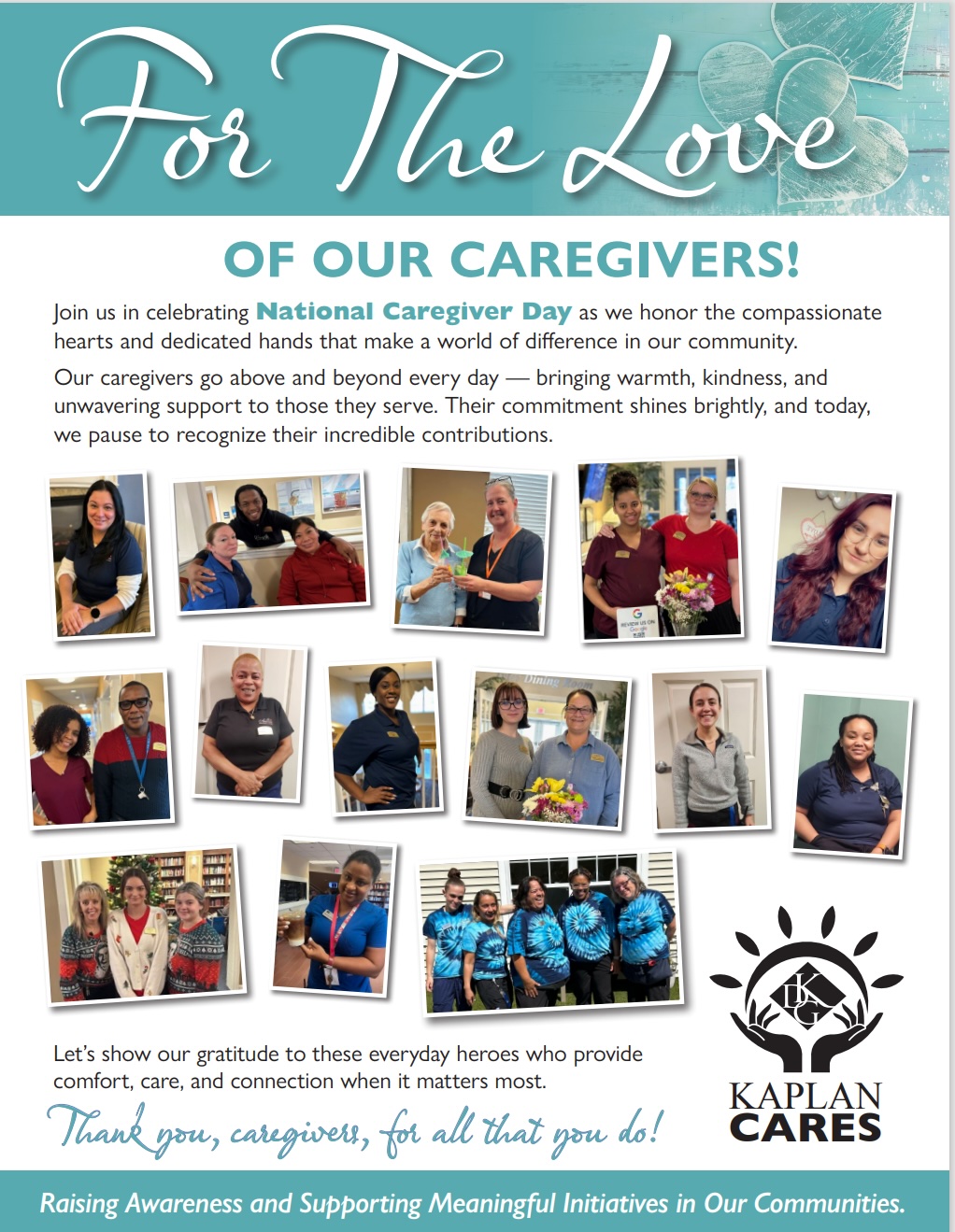Diabetes can significantly impact the day-to-day lives of older adults, making even the simplest tasks feel challenging. Whether you’re an older person living with diabetes or a family member caring for a loved one, knowing what to look out for and how to address certain challenges can lead to a better quality of life.
Diabetes can affect the elderly physically, cognitively, and emotionally. This can include:
- Vision loss
- Kidney damage
- Heart disease
- Nerve damage and Limb loss
- Higher risks of developing dementia or Alzheimer’s disease.
- Mood swings
- Depression
- Social withdrawal
The effects of diabetes aren’t always straightforward, but they can be managed! With assisted living, you can be confident that your loved one is being cared for. This can include medicine management, healthy exercise, and much more. It starts with understanding and ends with healthier living.
The Physical Symptoms of Diabetes
Diabetes can negatively impact nearly every part of the body, making it particularly dangerous for older adults. Here are the most common physical effects of diabetes in seniors and what they mean in everyday life:
Vision Loss
High blood sugar can damage the blood vessels in the eyes, leading to a condition called diabetic retinopathy. Over time, this can create fluid buildup that affects vision, sometimes resulting in permanent vision loss. While diabetic retinopathy can be slowed or managed, it can’t be reversed, which is why early detection is crucial.
Kidney Damage
The kidneys are often among the first organs affected by diabetes. Uncontrolled blood sugar damages the blood vessels in the kidneys, resulting in diabetic nephropathy. This condition can cause high blood pressure, fluid retention, and, in severe cases, kidney failure requiring dialysis or a transplant.
Increased Risk of Heart Disease
Older adults managing diabetes face a much higher chance of developing cardiovascular issues. High blood sugar damages blood vessels, increasing the risk of heart failure, strokes, and artery disease.
Nerve Damage & Limb Loss
High blood sugar levels can also lead to diabetic neuropathy, damaging nerves and resulting in a loss of sensation in the hands, arms, and legs. This nerve damage increases the risk of falls, infections, and, ultimately, amputations.
By managing blood sugar levels and seeking regular medical care, many of these physical complications can be avoided or reduced significantly.

The Cognitive Effects of Diabetes
Physical health isn’t the only area that diabetes affects. There’s also a strong connection between diabetes and cognitive health, creating additional challenges for aging adults.
Studies show that diabetes can increase the likelihood of developing cognitive decline, such as dementia or Alzheimer’s disease. Over time, this can result in memory loss, confusion, or behavioral changes, making daily life more difficult for both the person affected and their loved ones. As these cognitive challenges progress, they can lead to inactivity and social isolation, which only worsen dementia symptoms.
While these effects can sound overwhelming, they are not a guarantee. Maintaining a healthy lifestyle that includes balanced nutrition, exercise, and regular check-ups can help reduce the risk of cognitive decline.
The Social & Emotional Strain of Diabetes
Beyond the physical and cognitive effects, diabetes can also take a toll on emotional and social well-being. For many seniors, the daily management of diabetes feels like a full-time job, leading to stress and frustration, referred to as “diabetes distress.”
Here are some common emotional and social challenges tied to diabetes in older adults:
- Mental health risks: Older adults with diabetes have a higher chance of experiencing anxiety and depression. This is linked not just to the condition itself but also to the lifestyle changes that often come with managing it.
- Mood swings: Blood sugar fluctuations can cause irritability, confusion, or lethargy, all of which can make socializing harder and may create barriers in personal relationships.
- Diabetes distress: The constant attention that diabetes demands—from monitoring blood sugar to making dietary changes and managing medications—can feel overwhelming. This extra stress can make daily life more challenging and take a mental toll over time.
Unfortunately, these emotional burdens can result in social withdrawal, leaving seniors feeling isolated and lonely. Loneliness, in turn, has been shown to negatively impact physical health, compounding issues like cardiovascular disease and dementia.
But there’s good news. By limiting these stressors through professional support and a strong sense of community, seniors can reduce the emotional strain of diabetes. Assisted senior living communities, for instance, often provide medical management programs and group activities to encourage both treatment adherence and social interaction.
A Community Built to Support Your Loved One
Living with diabetes doesn’t have to mean living with limits. With the right care and a supportive environment, managing the condition becomes less of a burden. At Bentley Assisted Living at Branchville, we provide residents with access to medical care, personalized meal plans, and engaging social opportunities that help create a balanced, joyful life.
Here, your loved one can enjoy their days free from the worries of constant diabetes management while connecting with others who share similar experiences.If you’re ready to give your loved one the care and community they deserve, book a tour of our community today. We’d love to show you how we can bring peace of mind and joy to their golden years!





